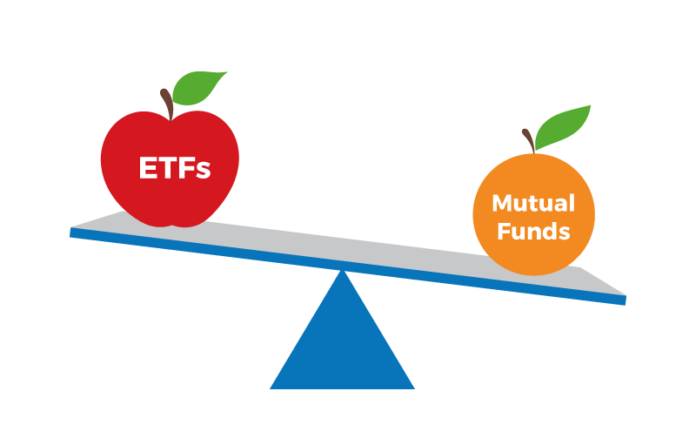Deciding where to place your money over the long term is the first decision any investor must make, but it is also one of the most challenging choices out there. You want to grow your assets as efficiently as possible, of course, but you also want to minimize your risk over time. That might make mutual funds an attractive option. At the same time, there are many other considerations, too, and additional options for investment.
For example, an exchange traded fund (ETF) could offer you the more advantageous path for your money over a mutual fund with the same investment. I frequently see confusion about what sets these two types of funds apart from one another, and which one is right for a given investor. We can get to the bottom of the question by looking at the three major differences we can see the way these funds trade, your tax burden, and the costs associated with the fund.
Trading aspects of ETFs vs. mutual funds
This is the main difference between these two investment types. The primary method for valuing a mutual fund, the NAV (net asset value), is only calculated at the close of business. Thus, you can place an order to buy into a mutual fund any time of day, but it’s only at the end of business that the trade occurs. ETFs, on the other hand, trade just like stocks: they can fluctuate in value over a day and can be bought and sold at will.






